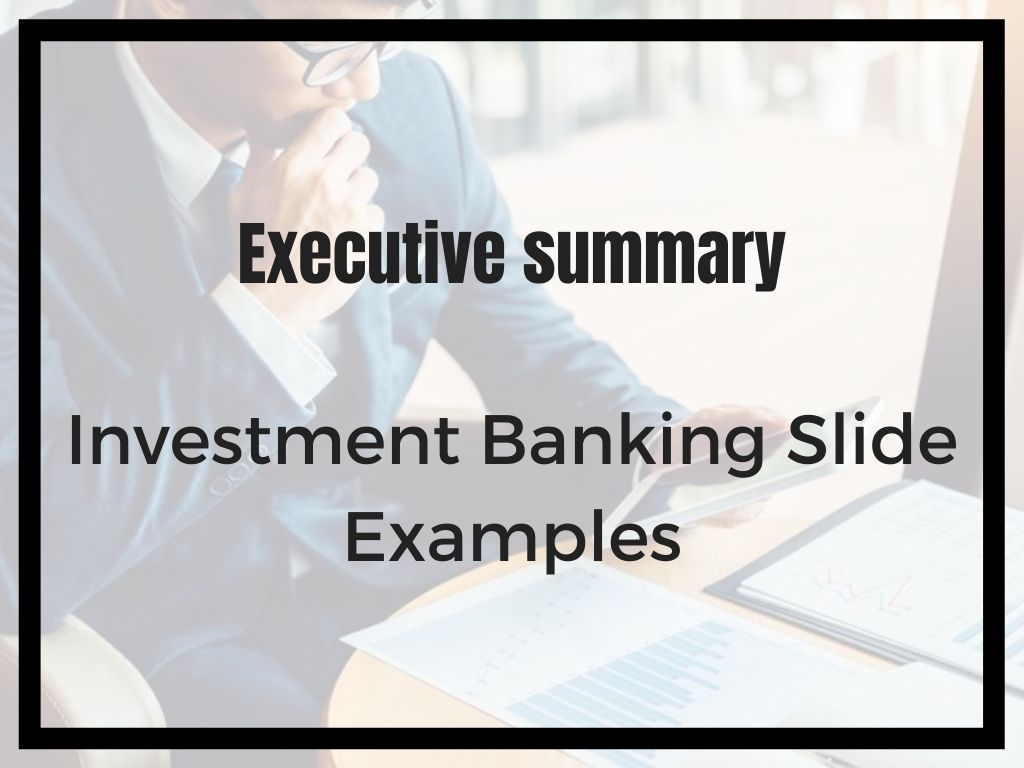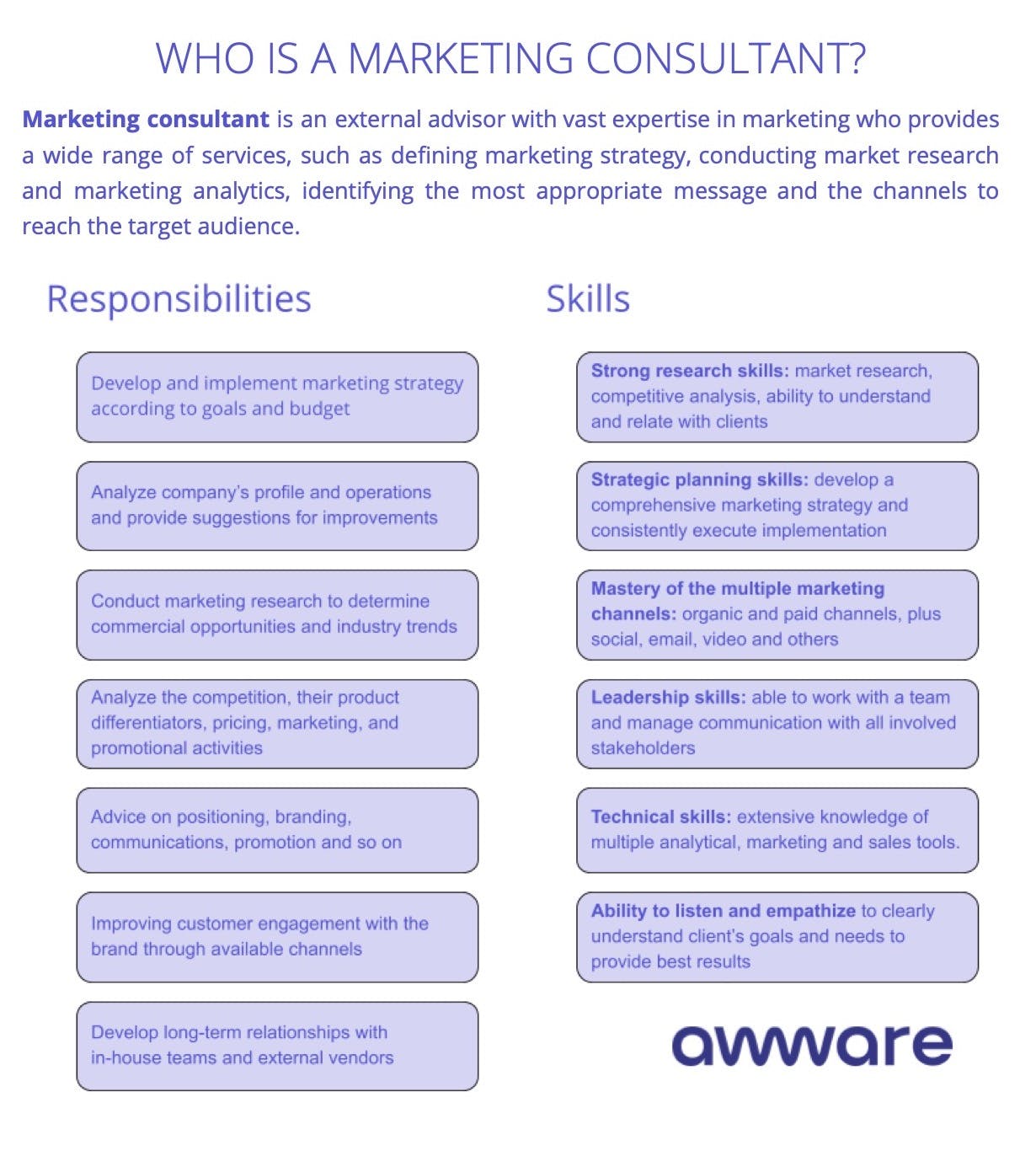
The 1940s saw the rise of management consulting. You will find out the goals of this career and what the work environment is like for management consultants in this article. Continue reading to find out more about management consultants' work environment and time management strategies. Think about the benefits this profession can bring to you. Next, begin to think about your career objectives. We hope that you found this article useful. Let us guide you on the path to success.
After World War II, management consulting has seen a boom in its growth
Traditionally, the US has been considered to be the birthplace of management consulting. Arthur D. Little established the first modern consultancy firm in 1893. Some well-known firms such as McKinsey and Company, A.T. Kearney and Booz Allen Hamilton were established in the 1920s. These consultancies expanded to Europe in 1960s when large companies sought management abilities to improve their structures, strategies and operations.

Purposes of management consulting
There are eight primary purposes for management consultancy. The clients will most likely recognize the lower levels, while the top three tiers represent the ultimate goal for the consulting firm. They are valuable and still effective, even though they are not as common. For example, a management consultant can help a business go from its current state to a higher level by implementing the top three tiers. Here are some examples.
Work environment of management consultants
Management consultants often work without direct supervision. It requires a high degree of organization, self-motivation, and critical thinking. Consultants typically bill by the hour and must be able to communicate clearly and concisely with all levels of staff. They must also possess a variety of skills, including analytical, problem-solving, and interpersonal skills. The following are some characteristics of management consultants that make them ideal for this profession:
Time management
Time management is a great option if you want to have more time for your family and career. Better time management skills can mean the difference between sticking to your priorities and running out. You might ask yourself what you would do with an extra hour every day. Write down three activities you would like to do if you had more time. Create a simple action plan that will help you achieve your goals.

Stress management
A stress management consultant can be hired for many reasons. There are many benefits to stress management. This service is great for improving employee morale, reducing sick leave, and increasing productivity. Additionally, you can find a stress management expert who is certified and offers continuing education. It is hard to recognize stress in this fast-paced environment, but it has a significant impact on our lives every day. Stress can cause illness, distraction, or absenteeism.
FAQ
How do I become a successful consultant?
Find an area that you are passionate about. You must then build relationships. It is crucial to learn about your clients and understand their needs. Finally, you must deliver results.
While you don’t necessarily have to excel at every task, you should be better than all the rest. It is important to be passionate about what you do. It doesn't suffice to say, "I will be a consultant." It is important to believe in yourself and the work you do.
What does it mean to be a consultant?
A consultant is someone who provides services for other people. It's not just a job title; it's a role where you help others achieve what they want from life. This involves helping them to understand their choices and making the right choices.
Consultants are experts in finding solutions to the problems and challenges that arise while working on projects. They also provide advice and guidance on how to implement those solutions.
Any questions you have about business, technology and finance, leadership or strategy, human resource management, customer service, customer service, or any other topic, a consultant can answer them.
How do I get clients to my consulting business?
First, find a subject you're passionate about. It could be anything from social media to public relations, but there must be something you feel strongly about. If not, you may have to start small by finding a niche market such as web design. Once you have found the niche market, you need to understand why it works. What problems does this solve? What problems can it solve? What are the benefits?
You can also approach businesses directly.
If all else fails why not offer your services to free events like conferences and networking evenings? You'll get to know many potential clients without spending money advertising.
How much are consultants paid?
While some consultants may make over $100k per annum, most consultants earn between $25k and $50k. A consultant's average salary is $39,000 This includes both salaried as well hourly consultants.
Salary depends on industry, experience, location, and type of contract (contractor vs employee). Also, whether the consultant is located in their office or remote.
What is the difference of a consultant versus an advisor?
An advisor is someone who provides information about a subject. A consultant is able to provide solutions.
A consultant works directly alongside clients to help them realize their goals. The advisor provides indirect advice through books, magazines lectures, seminars, and the like.
Statistics
- "From there, I told them my rates were going up 25%, this is the new hourly rate, and every single one of them said 'done, fine.' (nerdwallet.com)
- 67% of consultants start their consulting businesses after quitting their jobs, while 33% start while they're still at their jobs. (consultingsuccess.com)
- Over 62% of consultants were dissatisfied with their former jobs before starting their consulting business. (consultingsuccess.com)
- WHY choose me: Why your ideal client should choose you (ex: 10 years of experience and 6-week program has helped over 20 clients boost their sales by an average of 33% in 6 months). (consultingsuccess.com)
- My 10 years of experience and 6-step program have helped over 20 clients boost their sales by an average of 33% in 6 months. (consultingsuccess.com)
External Links
How To
How do I find a good Consultant?
Understanding your needs is the first step to finding the right consultant. Do you want them to help you improve your website's performance? Are you looking for them to help optimize your website to rank higher on search engines? Maybe you are looking for someone to point out any problems with your current web host. You need to know what kind of services you want, and then you can begin looking at other companies. Although there are many consultants who claim to offer these services, very few of them can actually provide the required results. How do I choose one? Here are some things to consider when picking a consultant:
-
Get recommendations. This is probably the best way to choose a consultant. You don't want to hire someone you've never heard of before because you'll likely pay too much. But you also don't want to work with someone whose reputation isn't solid. It's great if you get recommendations from people you trust. But even if you don't, you still might be able to check reviews online. Look for testimonials and case studies where clients have used your service.
-
Ask around. Many people don't realize that consulting could be beneficial for them. They think that since they're currently doing fine, they don't need to make changes. This is often incorrect. Even if you have great results right now you probably haven't been keeping pace with new technologies or trends. And if you're relying on outdated methods, you'll miss out on opportunities to grow your business. Ask around to find a qualified consultant.
-
Check their qualifications. You don't need to worry about whether they are building a website or an eCommerce store worth millions. Make sure that they're qualified to perform the tasks you need to be done and that they have sufficient expertise in the area.
-
Find out what type of projects they are skilled in. You might think that everyone can handle all projects, but this is false. Some areas require specific education or training. For example, if you need someone to build a WordPress theme, you won't want to hire a developer who specializes in Drupal. It is the same for programming languages, graphic design, and so on. Be sure to ask what kinds of projects they typically work on.
-
Know what they charge. You don't want a consultant who charges too much. You also don’t want to spend too little. Consultants come in all shapes and sizes. While some consultants charge an hourly rate, others bill per project. You can save money by knowing upfront exactly what you will be paying.
-
Know what they offer. Are they available for free consultations Are they willing to give advice about how to set up your own system or provide other assistance? Do they promise that your site will rank higher once you have worked with them? You can cancel your consultation at any time without penalty if you are not satisfied with what you heard.
-
Find out if the company offers discounts for several months or years. Many consultants offer discounted pricing for extended time periods. Although you do not have to commit to a year, it is possible to take advantage of any offers they may offer.